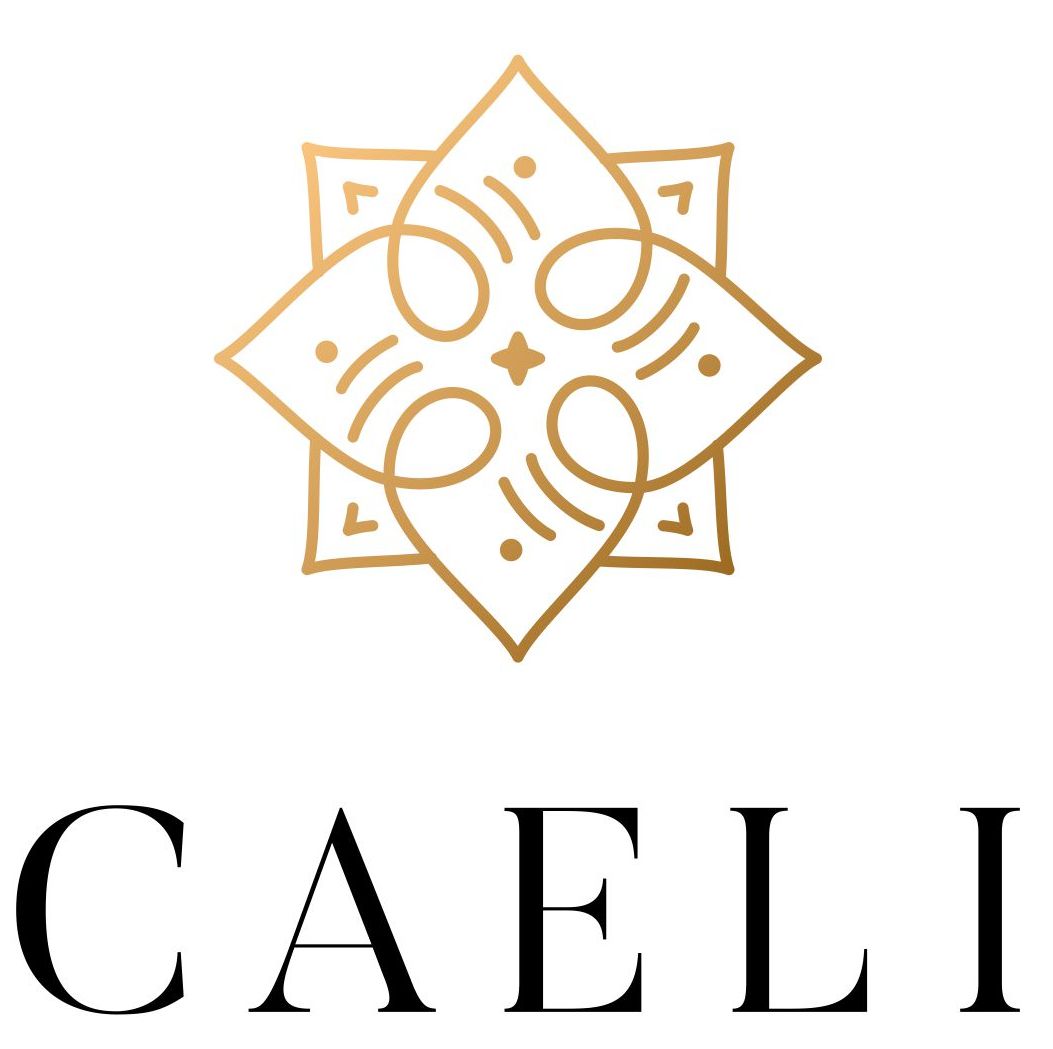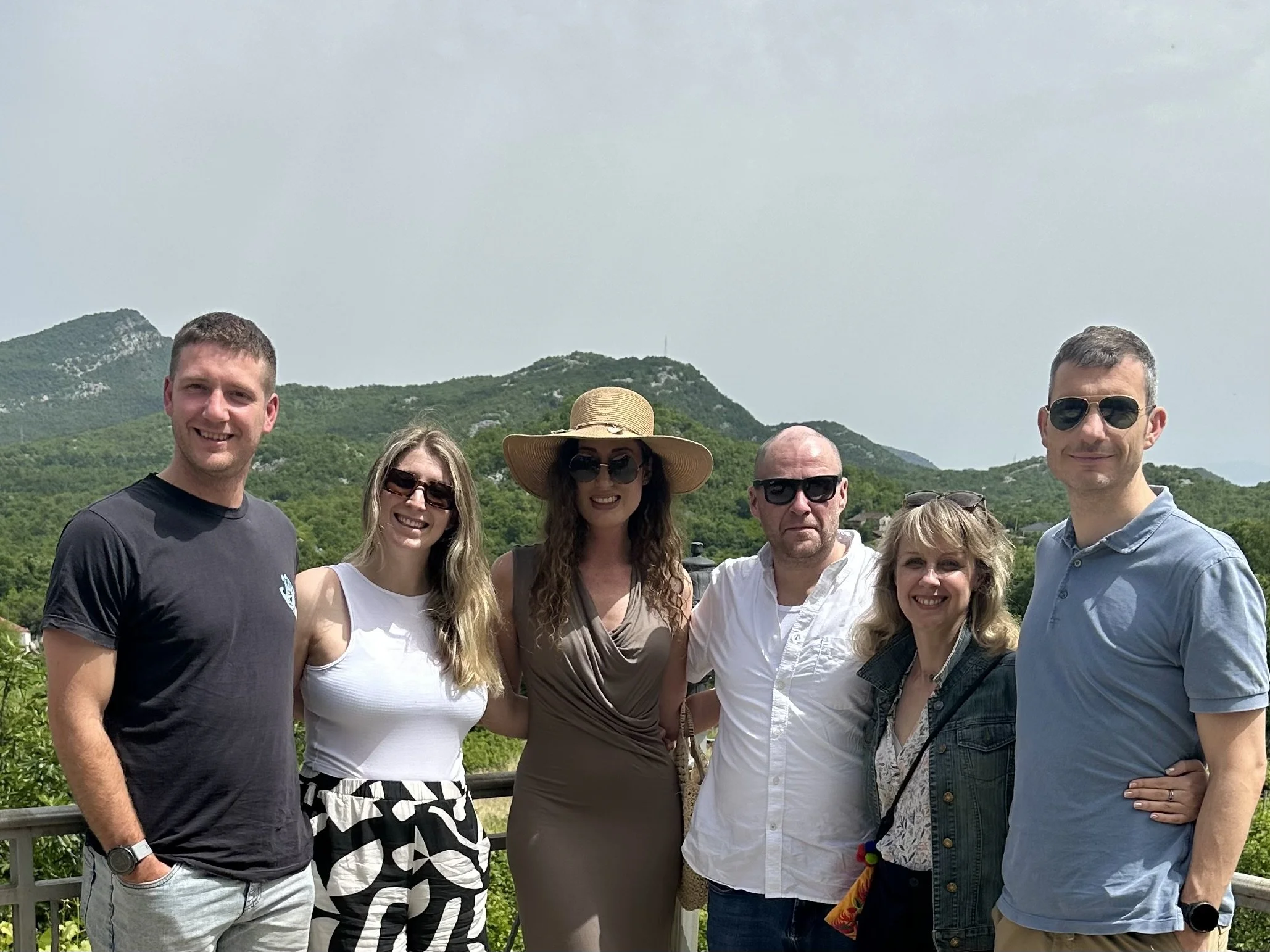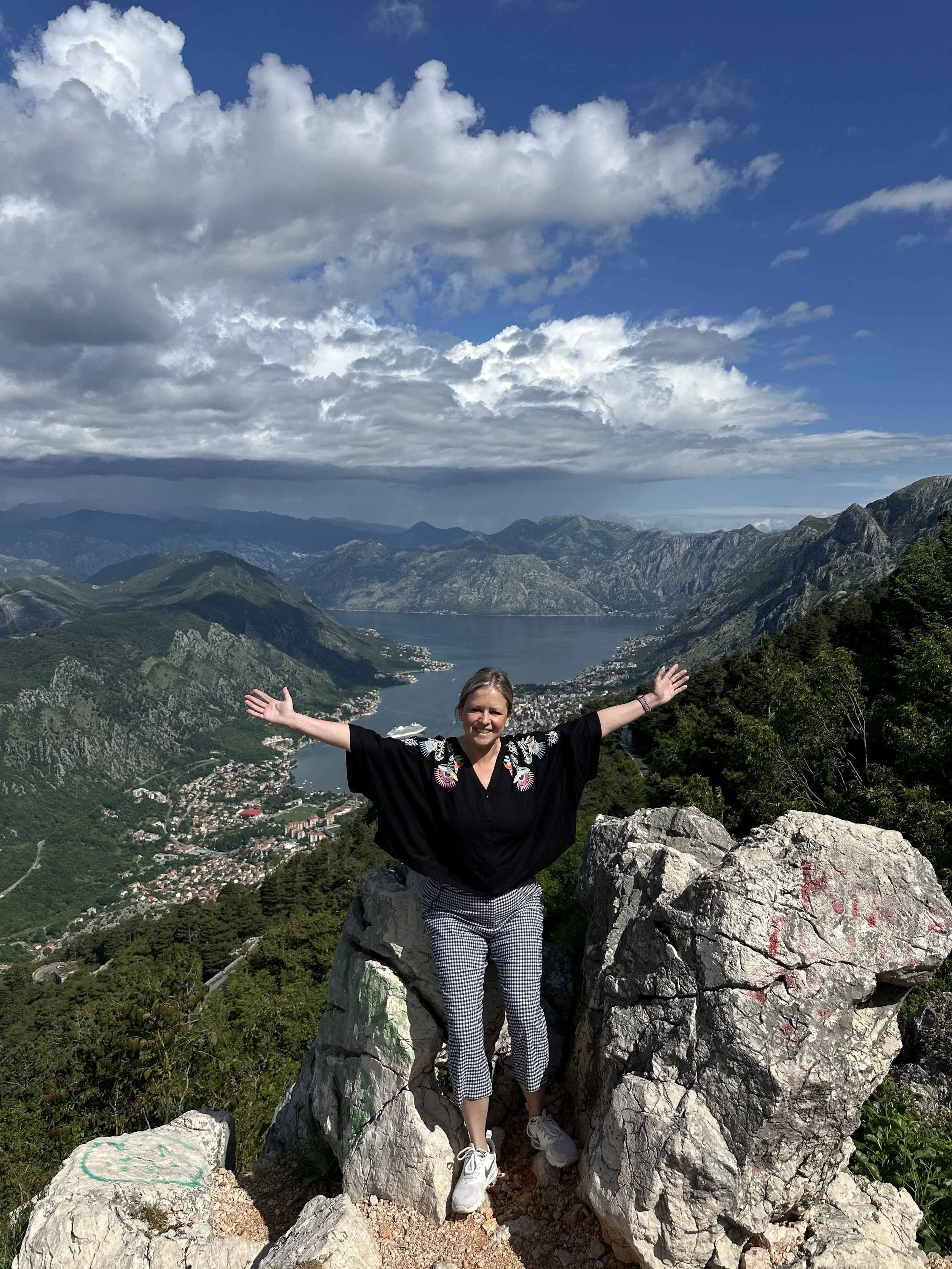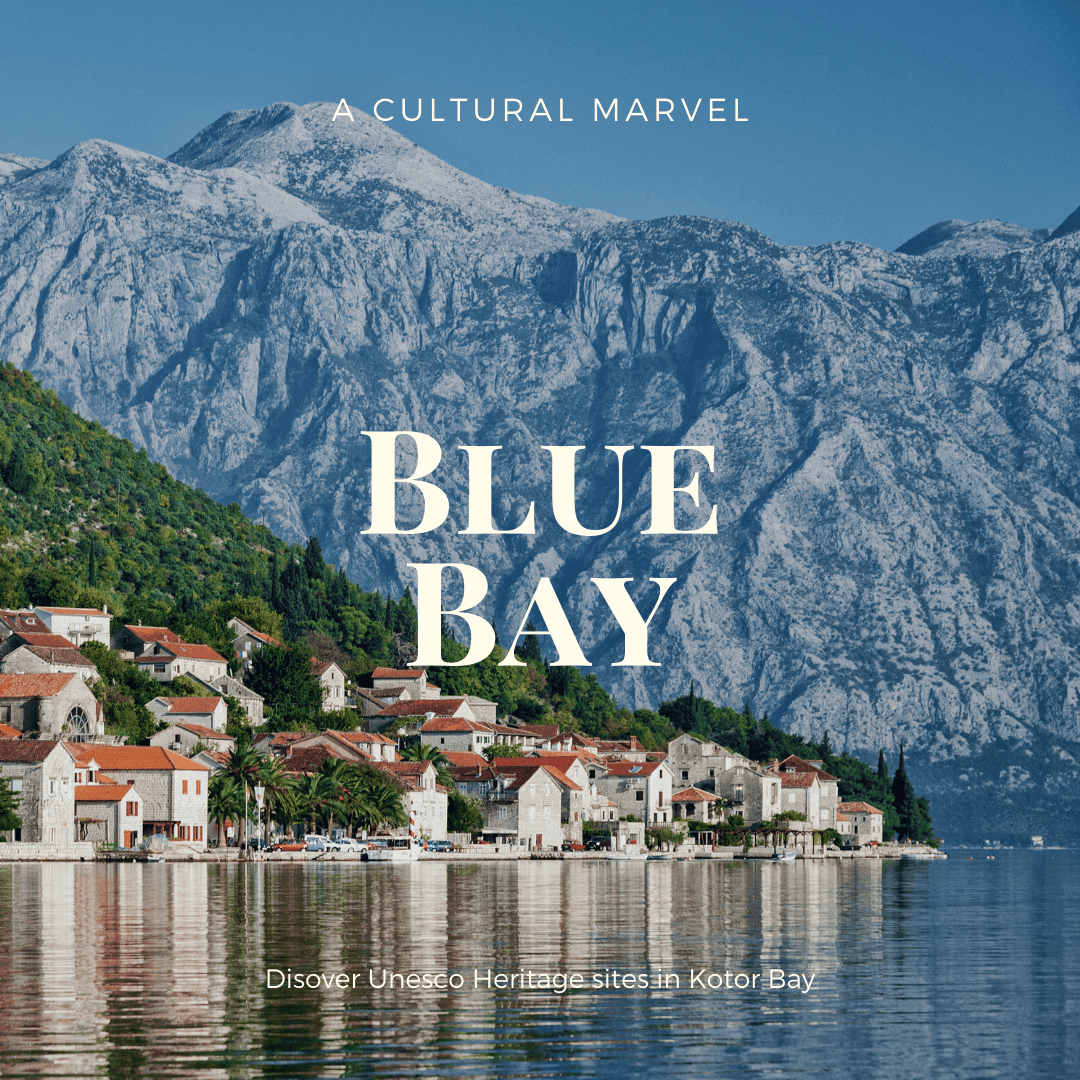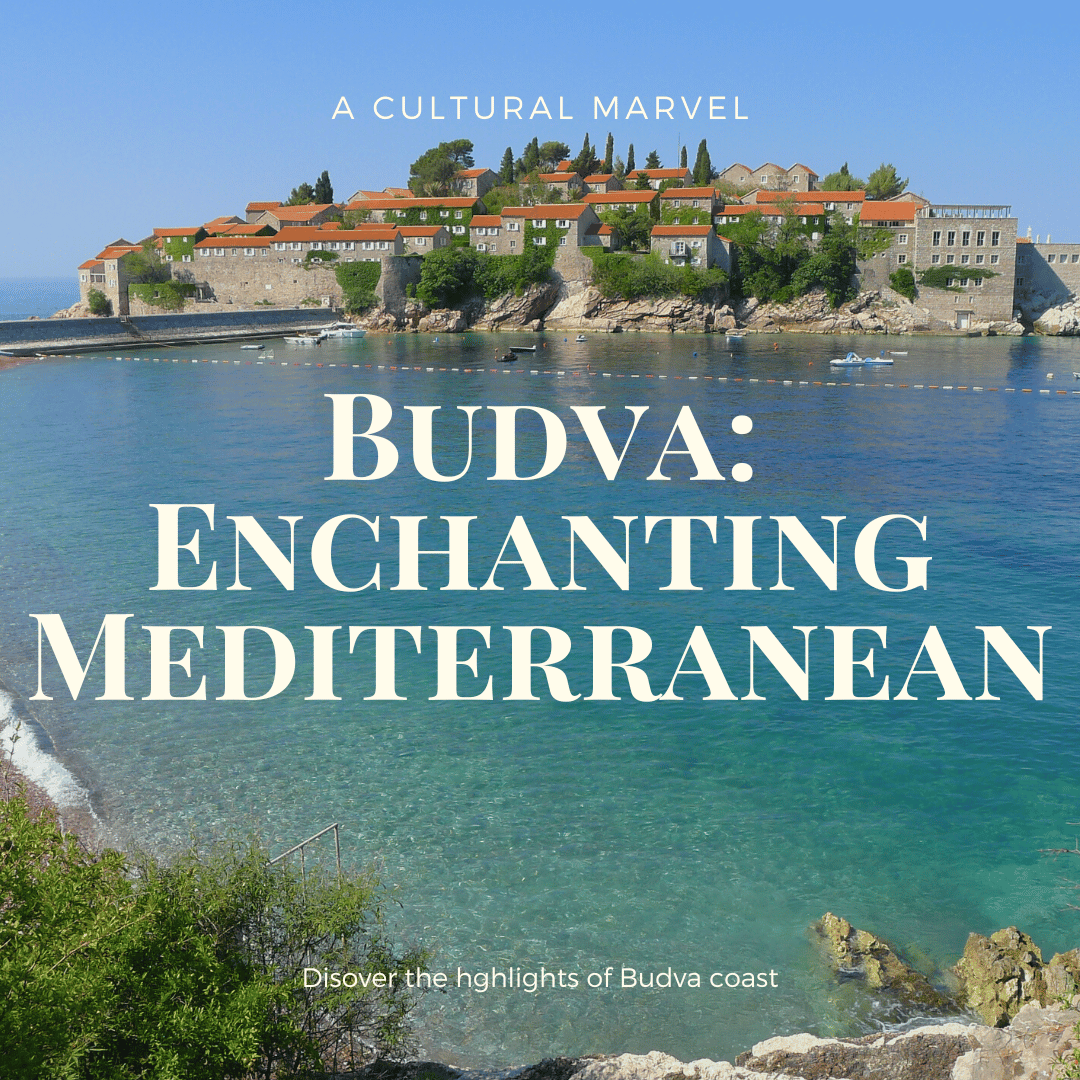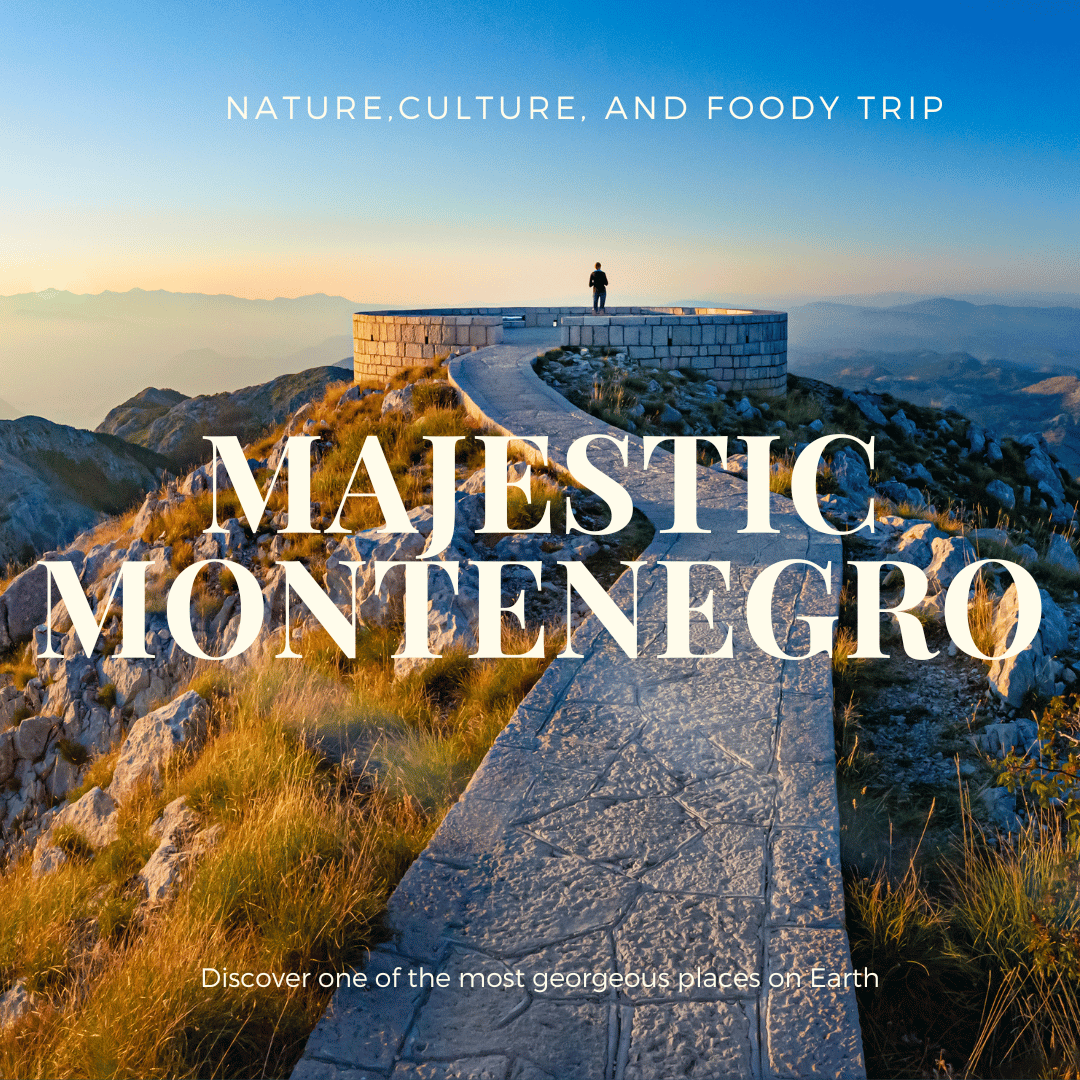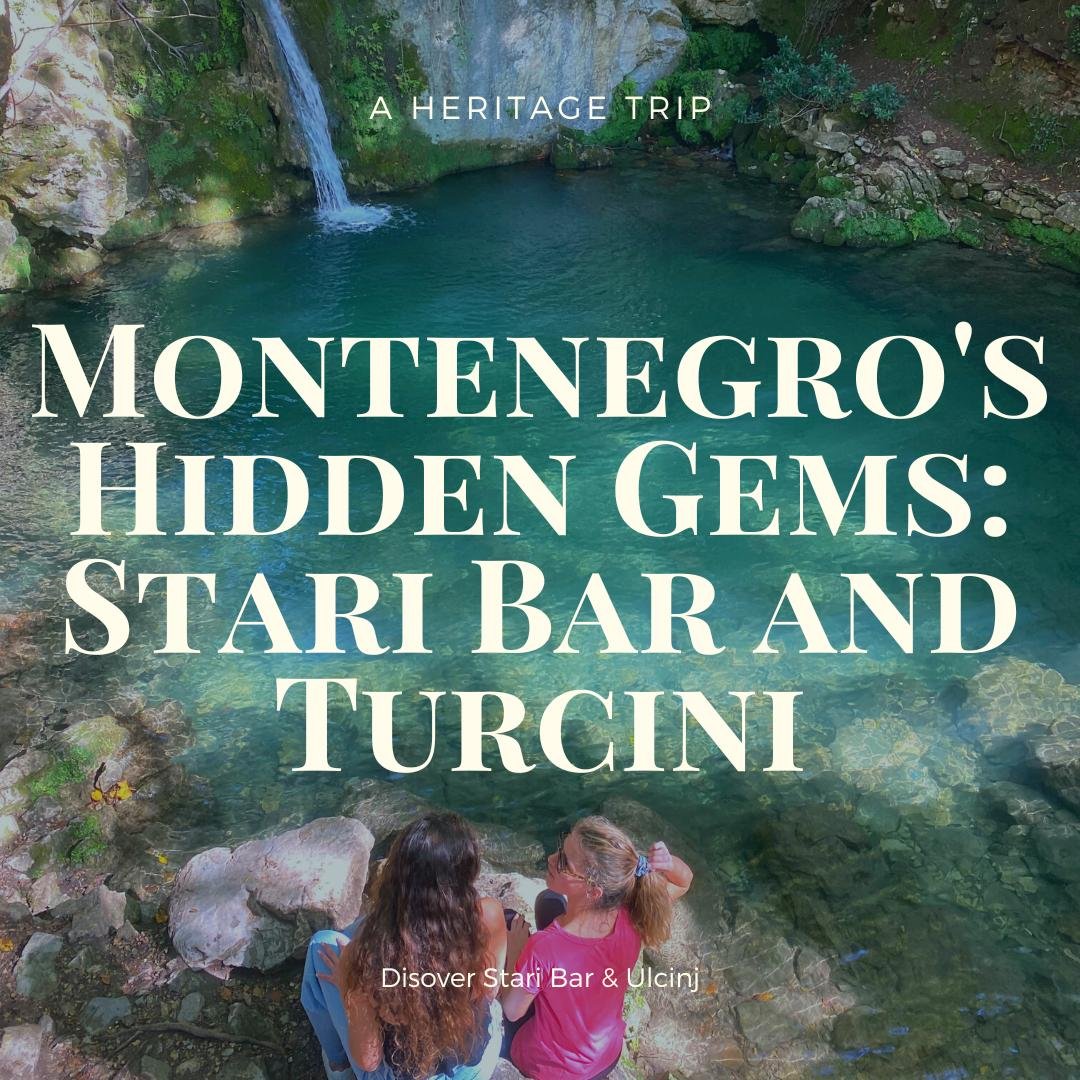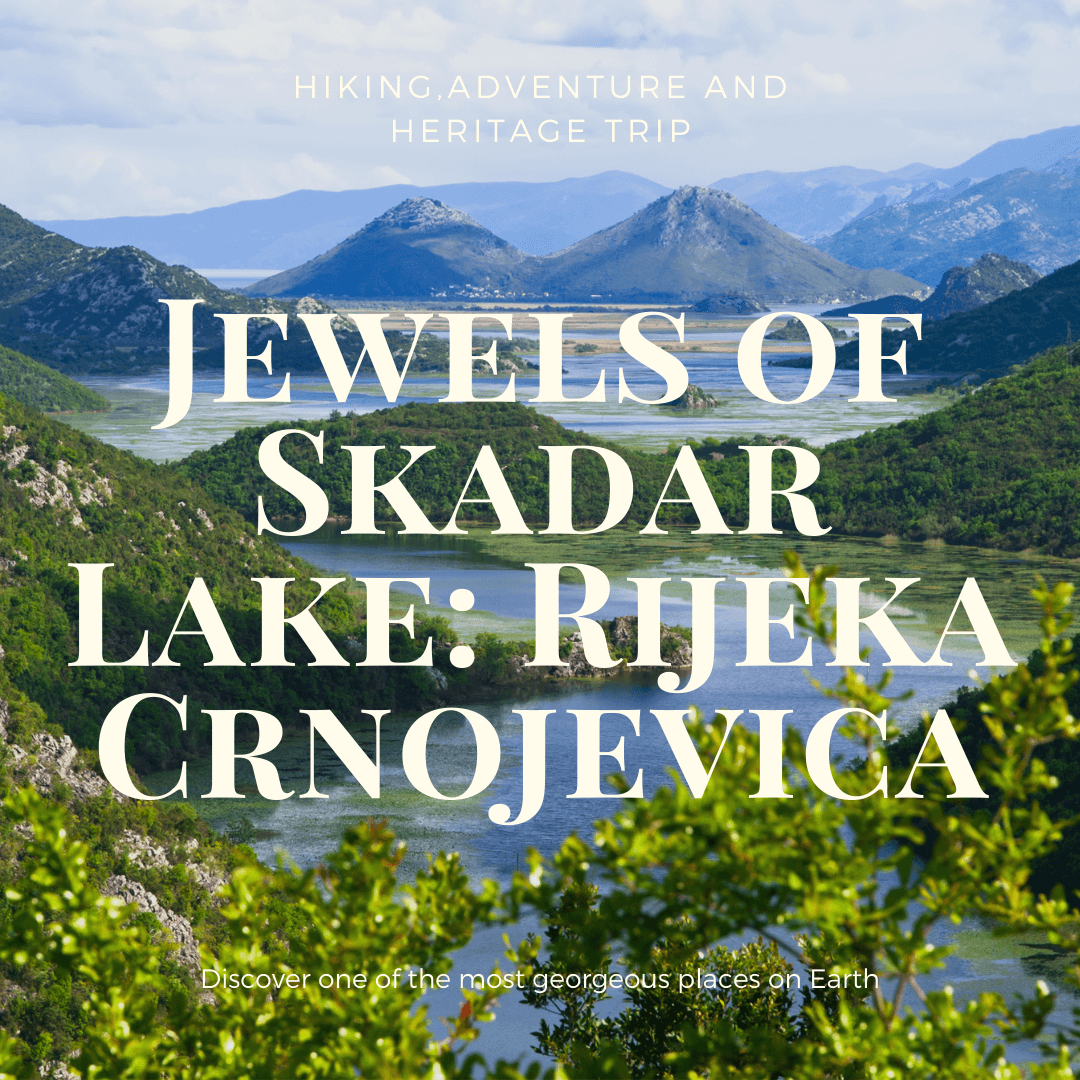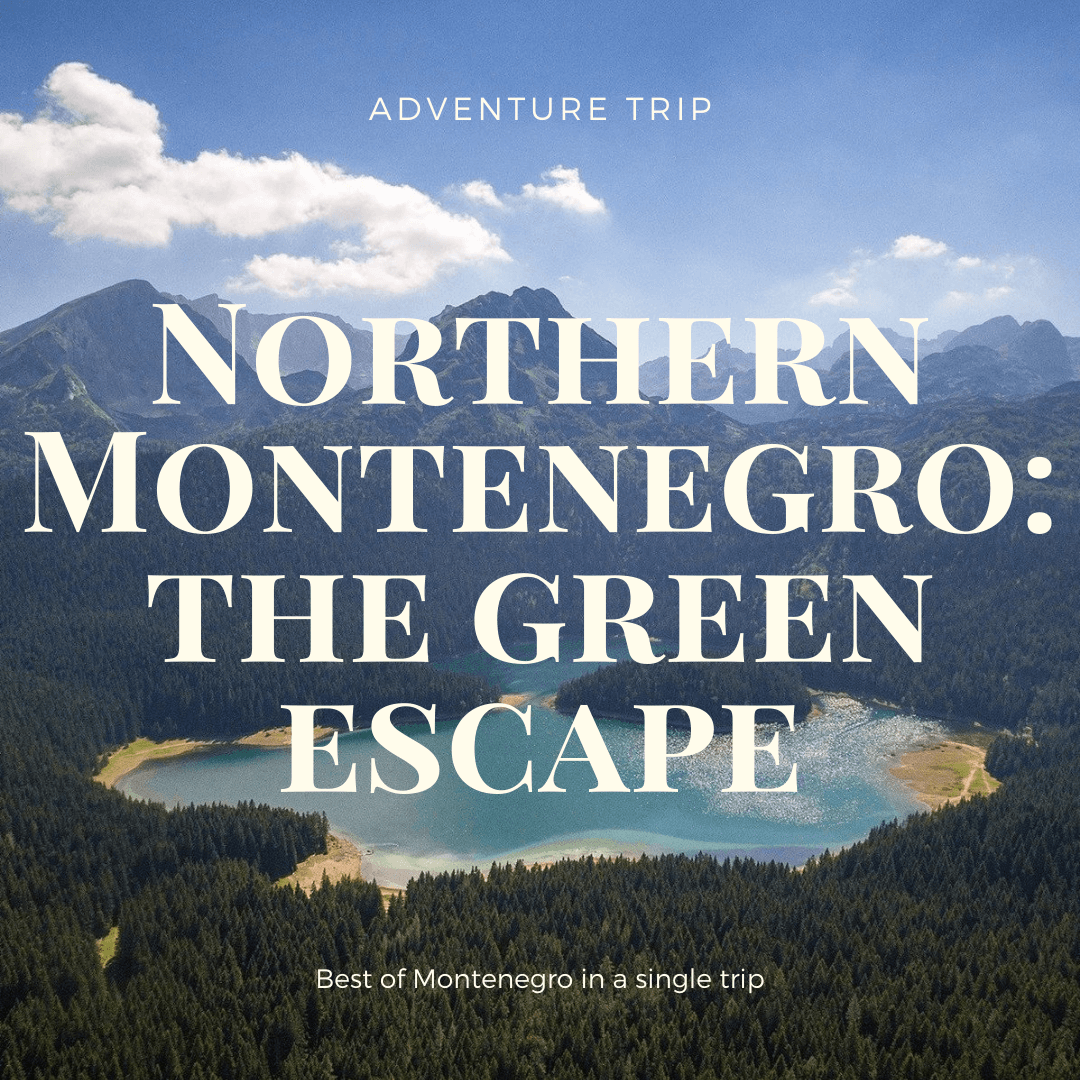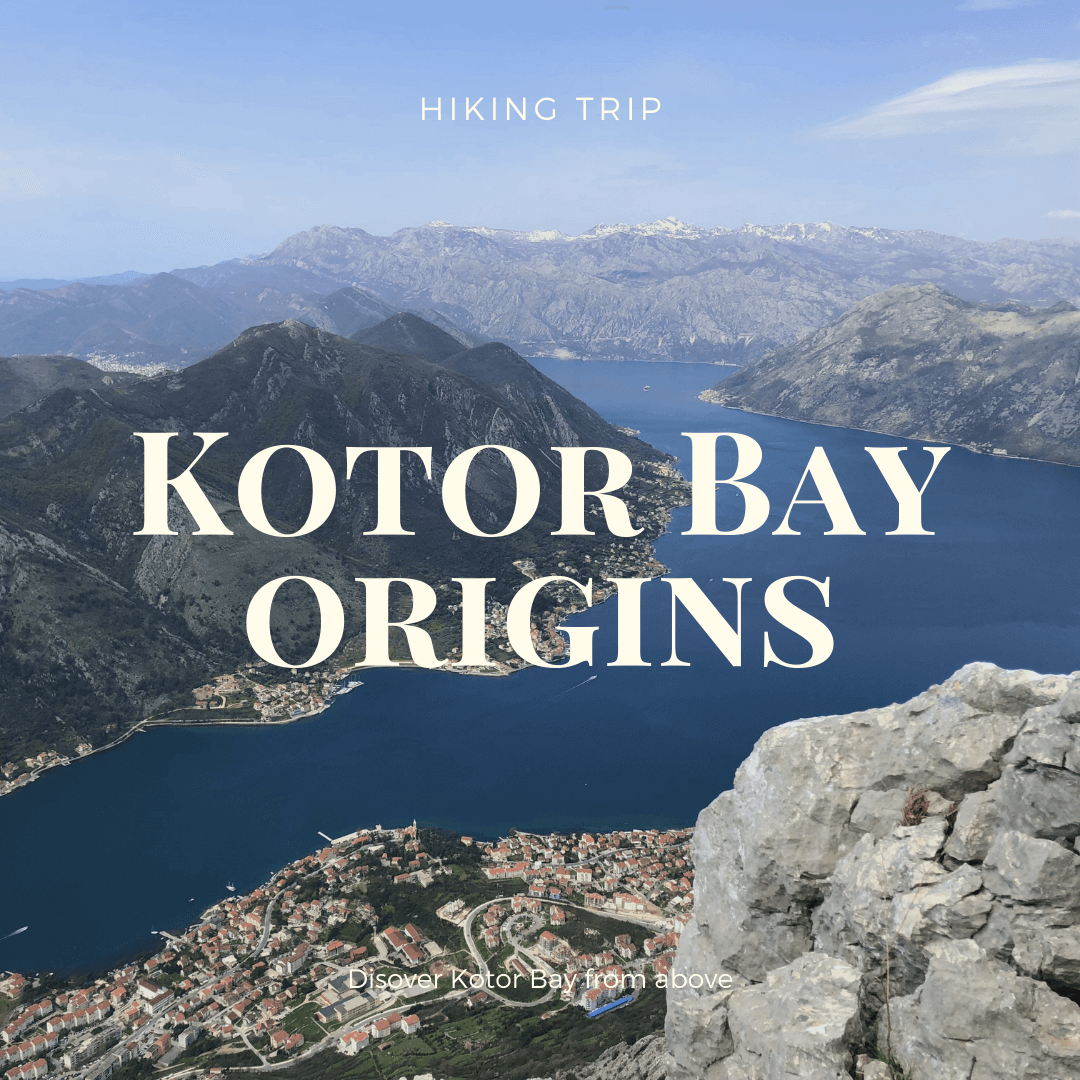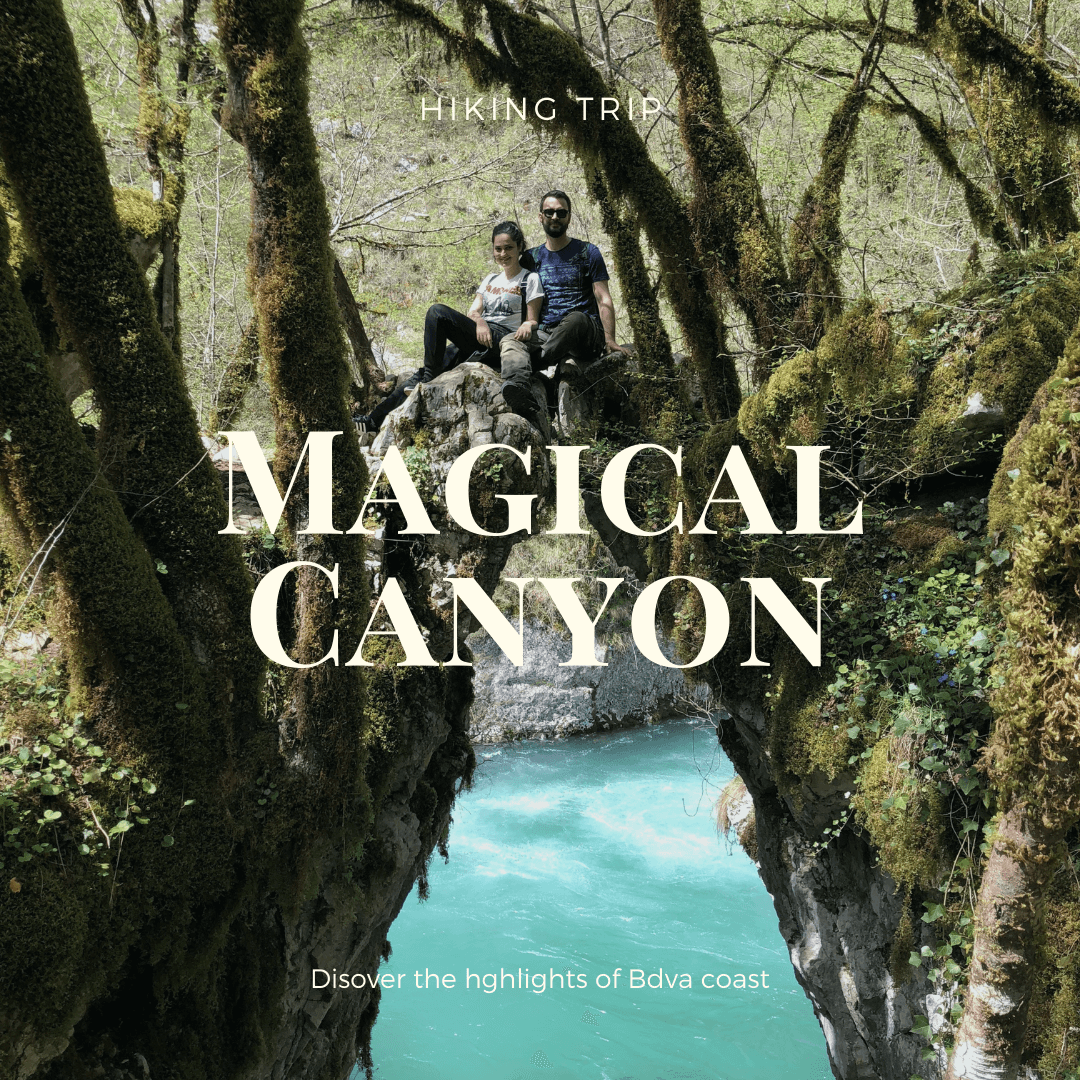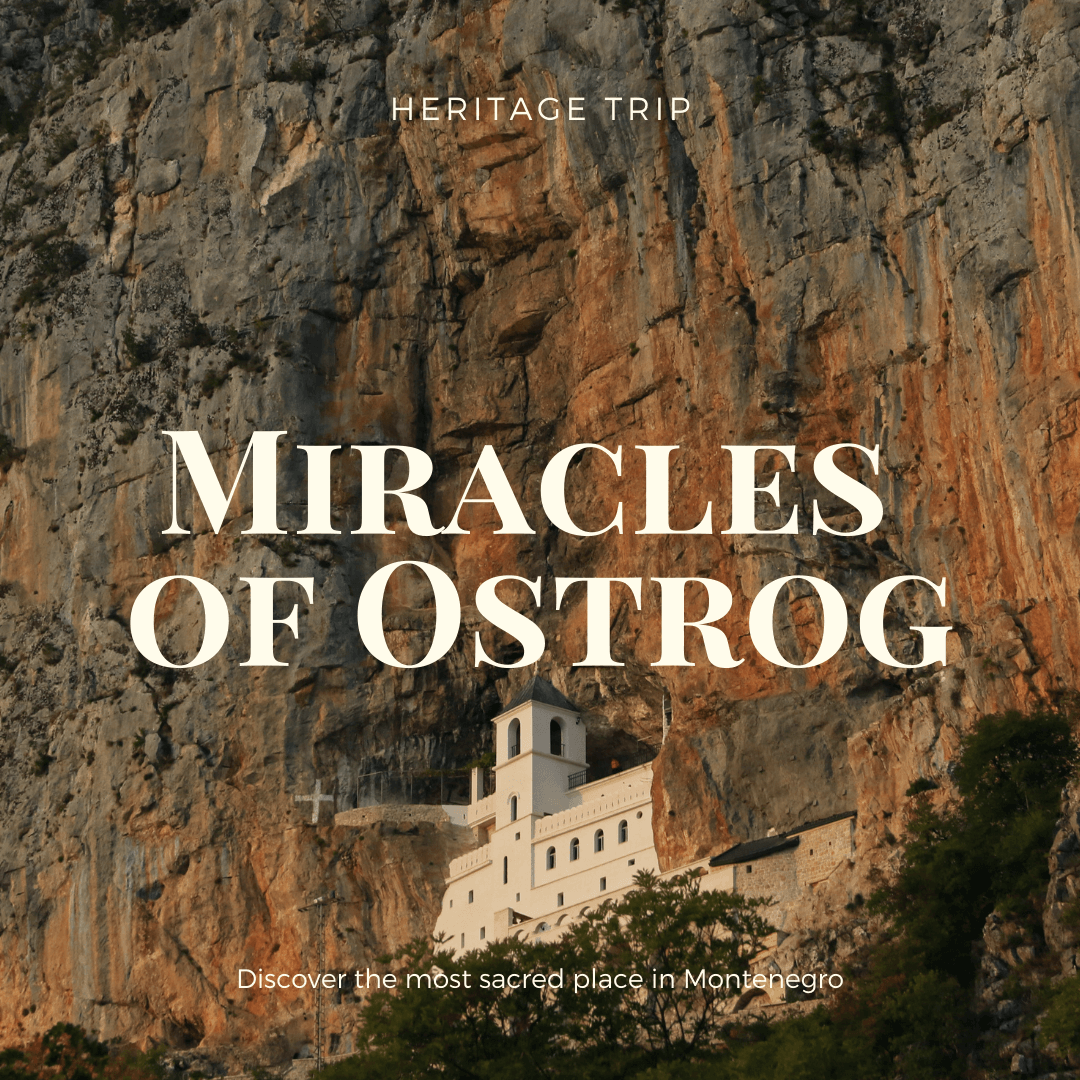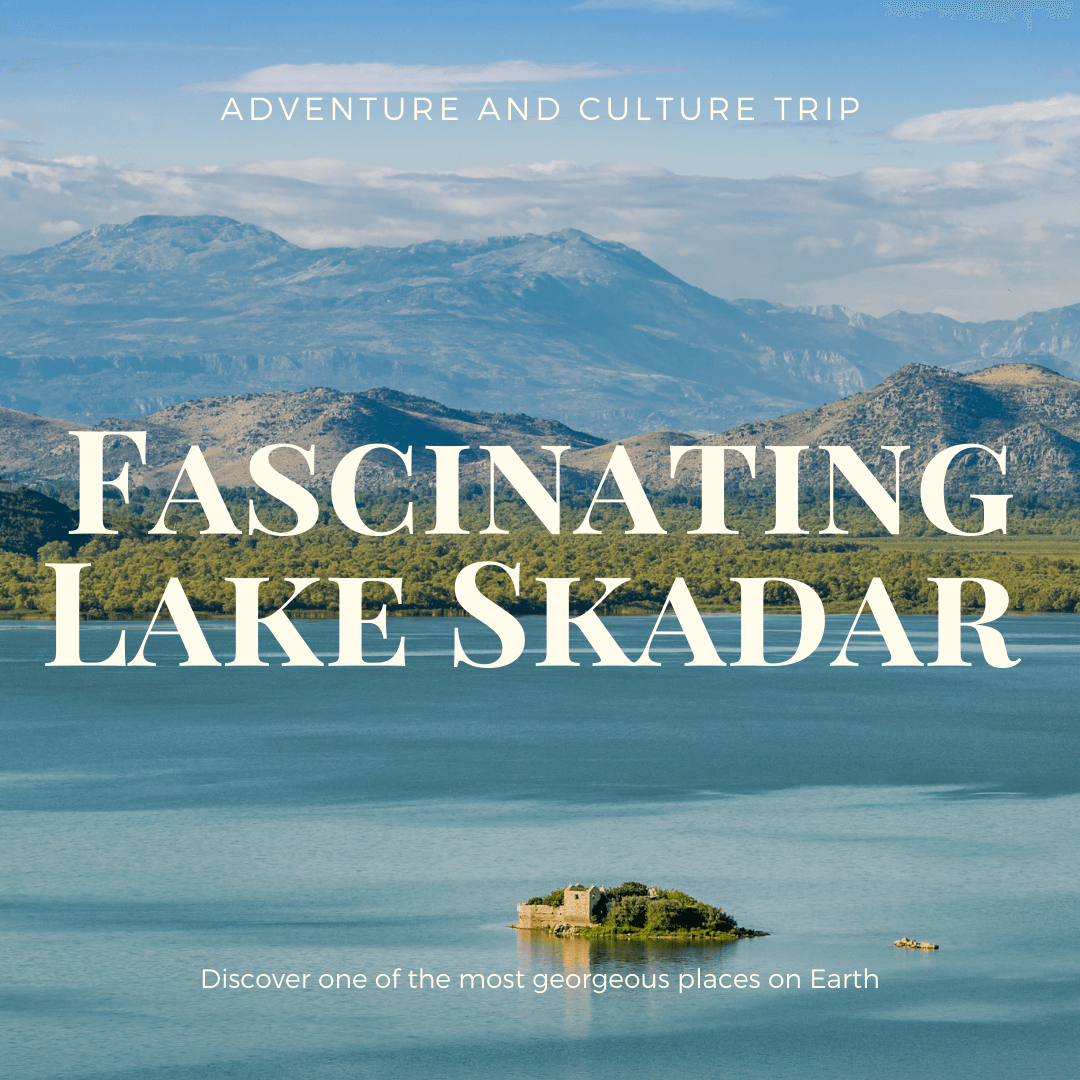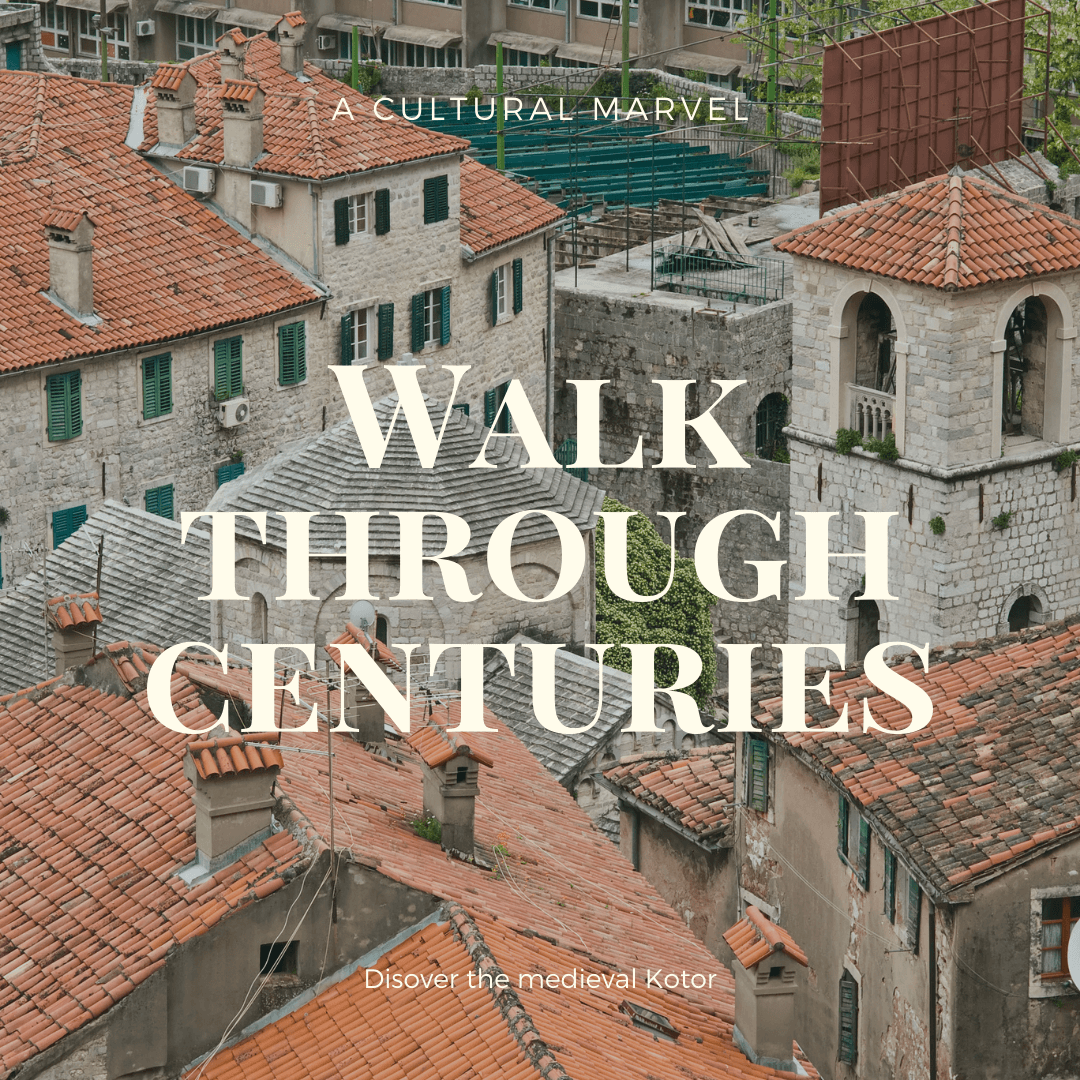Montenegrin Customs, Language And The Most Useful Phrases
In Montenegro, we are blessed with great weather - mostly Mediterranean climate, plenty of sunshine, breathtaking nature, and exceptional wine. Naturally, with the warm weather, expect warm people. Montenegrins are known for their easygoing nature and genuine warmth. We cherish lively conversations, laughter-filled gatherings, and moments of connection that linger long after the sun has set. When you meet a Montenegrin, expect a hearty embrace and a welcoming kiss—it’s our way of saying hello and sharing our genuine affection.
Discover montenegrin greetings and customs
Here is what you should know:
Montenegrin Greetings and Customs
Kissing Custom: When visiting family, it's customary to kiss three times on the cheeks. With friends, a single kiss on the cheek and a hug are typical.
Hospitality: When you visit someone's home, expect to be offered Turkish coffee and grappa (rakija in Montenegrin) - a type of brandy. Rakija is believed to be good for circulation and uplifting the mood. Unlike in Turkey, Montenegrins serve strong coffee.
How to get the best out of your trip to Montenegro?
If you are planning a trip to Montenegro, learning some basic phrases in the local language can greatly enhance your experience. While the country's tourism industry is growing rapidly, and you can likely get by with just Basic English, learning a few Montenegrin phrases shows respect for the culture and makes your trip more enjoyable. We are here to help you learn some basic words and phrases and learn a bit about our culture.
How to get the best out of your trip to Montenegro?
What language is spoken in Montenegro?
In Montenegro, the official language is Montenegrin, a language with slavic origins - which is very similar to Croatian, Serbian and Bosnian language.
We have two alphabets: Cyrillic and Latin, but we use mostly Latin. Many experts say that the language is not easy to learn but this depends on where you are coming from. Montenegrin is rich and beautiful and our guests often say it is a cross between Italian and Russian.
What is the difference between Montenegrin, Croatian, Serbian and Bosnian language?
Montenegrin, Croatian, Serbian, and Bosnian are all very similar languages that come from the same linguistic family. They share most of the vocabulary, grammar, and pronunciation, making them mutually understandable. The main differences are:
Montenegrin: A few unique words and slight pronunciation variations, we also have two letters that other languages don`t: Ś and Ź.
Croatian: Uses the Latin alphabet and has some distinct vocabulary, especially in formal and everyday speech.
Serbian: Uses mostly Cyrillic alphabet, with different pronunciation, some unique words and expressions.
Bosnian: Spoken in Bosnia and Herzegovina, it includes more Turkish and Arabic loanwords due to historical influences.
Despite these differences, speakers of these languages can easily understand each other. It’s a bit like British and American English—different, but still the same at heart!
Pronunciation
Montenegrin is a Slavic language and follows a similar grammar structure to other Slavic languages. Its pronunciation can be challenging for English speakers, with several unique sounds. For example, "č" is pronounced like the "ch" in "chip," and "ć" is pronounced like the "t" in "stick." Whether you use Montenegrin phrases or stick to English, the locals will likely be happy to interact with you and share their culture. Montenegrins are known for their laid-back and easygoing attitude, making traveling in the country a relaxing and enjoyable experience. Don’t be afraid to strike up conversations and ask for help or recommendations—locals will be happy to oblige!
Discover how to say hello and goodbye in Montenegrin
Saying hello and goodbye in Montenegrin
Zdravo (hello) – Use to greet someone when you first meet them or see someone you know on the street.
Cao – Pronounced the same as the Italian greeting, it's a more relaxed and informal way to say hi or bye.
Doviđenja (goodbye) – Use when leaving a place or saying goodbye to someone. "Cao" can also be used for goodbye.
Cao, kako si? (Hi, how are you?) – A common greeting. It means Hello, how are you?
Montenegrin language is not that hard - immerse into culture by learning few phrases.
Basic Phrases in Montenegro
Da (yes)
Ne (no)
Hvala (thank you) – A polite way to show appreciation and gratitude.
Molim (please) – Used as an answer to Hvala and also politely ask for assistance or request something.
Predivno (amazing) – A useful word to express amazement and wonder at sights, food, or situations.
Asking for Directions
Gdje je (where is) – Use to ask someone where a particular landmark, store, or restaurant is located.
Shopping
Koliko košta (how much does it cost) – Useful for negotiating prices or asking about the cost of an item.
Dining
Račun, molim (the bill, please) – A polite way to ask for the bill after your meal.
Toasting
Živjeli (cheers) – A traditional toast meaning "to your health." It is used to celebrate good times and friendship. To drink rakija like a local, make eye contact with your drinking companions, clink glasses together, and say "živjeli" before taking a sip. In Montenegro, it is important to make eye contact when toasting with "živjeli" and show respect for your drinking companions. Rakija is a national drink in Montenegro and is typically served as a sign of hospitality. It is considered impolite to refuse a drink when offered, so it's best to accept graciously and enjoy it in moderation.
Toasting in Montenegro- Zivjeli!
With a bit of practice and some basic language skills, you can easily navigate your way around Montenegro and have a more authentic and enriching travel experience. It's always a good idea to learn some key Montenegrin phrases before you go.
Don't be afraid to try out your new skills in Montenegrin and immerse yourself in the culture.
Other Interesting Phrases
Samo polako (take it easy) – Translates to "take it easy" and "just slow down," embodying a core Montenegrin philosophy. It reflects a cultural emphasis on valuing people and relationships over busyness, encouraging living in the present and setting aside worries. This phrase suggests rest and relaxation, akin to Montenegrin hygge. Montenegrins, often perceived as lazy (but not really so), actually prioritize calm and human connection, evident in their long coffee shop conversations and leisurely beach days. In traditional villages, the "samo polako" lifestyle persists, inviting visitors to relax, enjoy homemade food, breathe mountain air, and embrace a slower pace.
Sve može (everything is possible) – As a traveler in Montenegro, you'll quickly encounter the phrase "sve može." This reflects two key attitudes: confidence in personal ability and a predisposition to say "yes." Locals, with their can-do spirit, often joke about taking on tasks they've never tried before, like flying a plane. "Sve može" also shows Montenegrin hospitality, emphasizing genuine care for guests. While turning ideas into reality may require effort, the willingness and action are always present. In Montenegro, it truly feels like anything is possible.
Idemo! (let’s go!) – Captures the Montenegrin spirit of going with the flow. Montenegrins are easily persuaded to join for a coffee or help with yard work, often leading to a few beers and deep discussions about life.
With these phrases, you can navigate Montenegro more easily and connect with the locals, making your travel experience richer and more authentic. Embrace the Montenegrin way of life and enjoy your visit!
Idemo! (let’s go!) – Captures the Montenegrin spirit of going with the flow.
